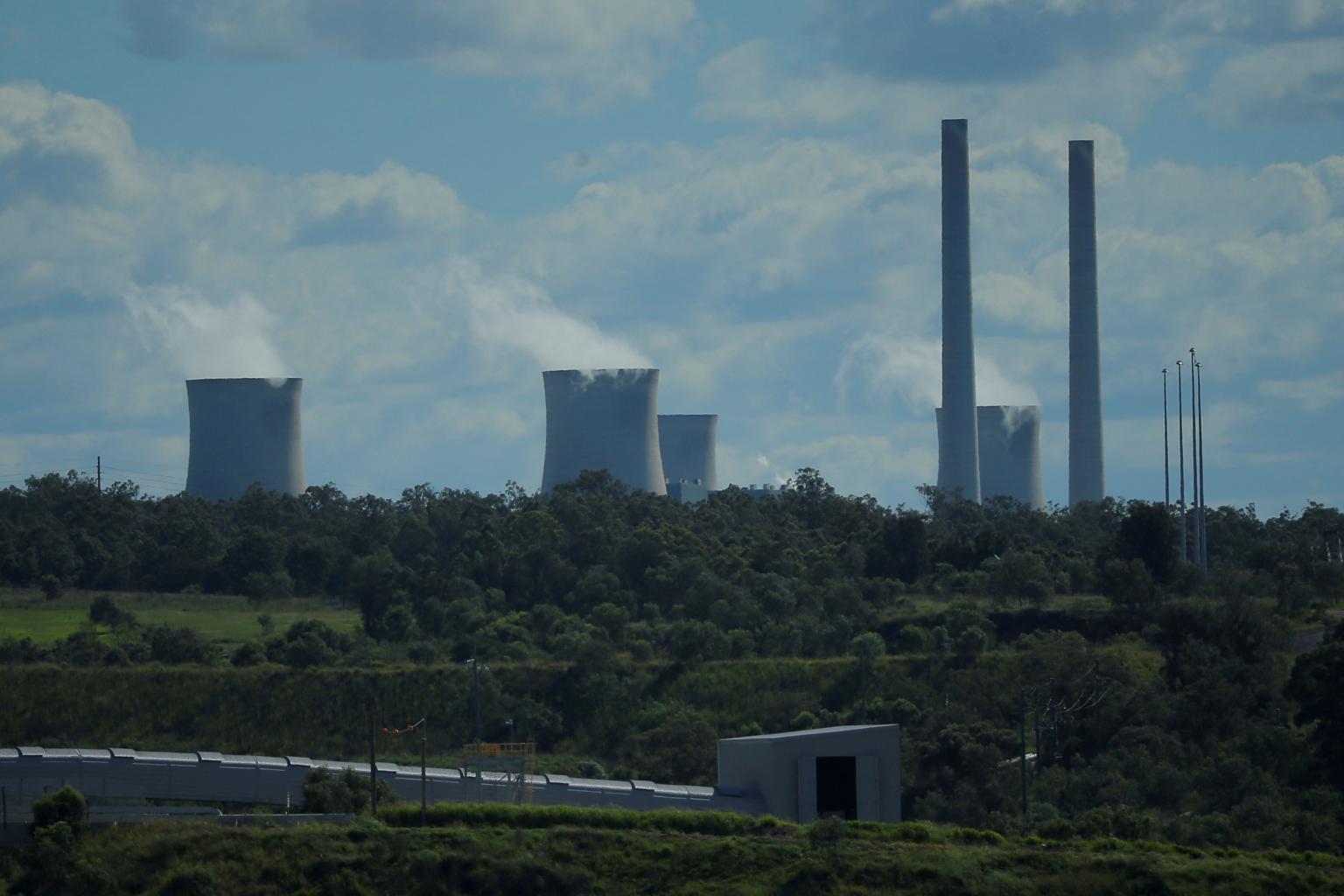Australia's spy chief to assess climate change security risks
Sign up now: Get insights on Asia's fast-moving developments

On June 16, Mr Albanese signed and submitted his government's new climate action targets of 43 per cent emissions cuts by 2030.
PHOTO: REUTERS
SYDNEY (BLOOMBERG, XINHUA) - Australia's top intelligence official will investigate national security threats arising as a result of climate change, as the new government attempts to improve the country's reputation on climate action.
Director-General of the Office of National Intelligence Andrew Shearer has been asked to assess "the implications for national security of climate change", Prime Minister Anthony Albanese's office said in a statement on Wednesday (June 22).
The scope and terms of reference for the review are still under discussion, according to the statement.
The review will consider whether Mr Albanese's new Labor government should set up an Office of Climate Threat Intelligence, which would be responsible for updating the list of threats.
"Like many governments around the world, the Albanese government does see climate change as a security issue, as well as being a central environmental and economic issue," a spokesman for Mr Albanese told the Guardian Australia on Wednesday.
"The director general of the Office of National Intelligence will coordinate an assessment of the implications for national security of climate change."
Last September, the Climate Council, a non-profit organisation in Australia, published a report that found "Australia faces substantial climate and security risks".
It said the former coalition government's support for the fossil fuel industry was "actively undermining" Australia's national security and called for rapid action.
A 2021 report by the US National Intelligence Council also warned of a growing risk of conflicts over water and migration, and more food insecurity, by 2040 due to climate change.
The US report labelled island nations near Australia in the Pacific as among the most highly vulnerable in the world.
Since coming to power in late May, the government has attempted to repair Australia's global reputation on climate change.
On June 16, Mr Albanese signed and submitted his government's new climate action targets of 43 per cent emissions cuts by 2030 to the United Nations, up from a maximum of 28 per cent under the previous administration.
The pledge will bring Australia in line with nations such as Canada and Japan. Still, it is still less ambitious than climate action proposed by major developed economies such as the United States, the European Union and Britain.
Retired Admiral Chris Barrie, a former Australian Defence Force chief and executive member of the Australian Security Leaders Climate Group, welcomed Mr Albanese's review, saying such an assessment had never been conducted in the country.
"Unless you understand those risks, policy inevitably will be inadequate," he said.
"This is what we are now seeing in Australia because of the accelerating physical impacts of climate change, far faster than forecast, and the damage already caused to our communities by drought, bushfires, floods and storms."


